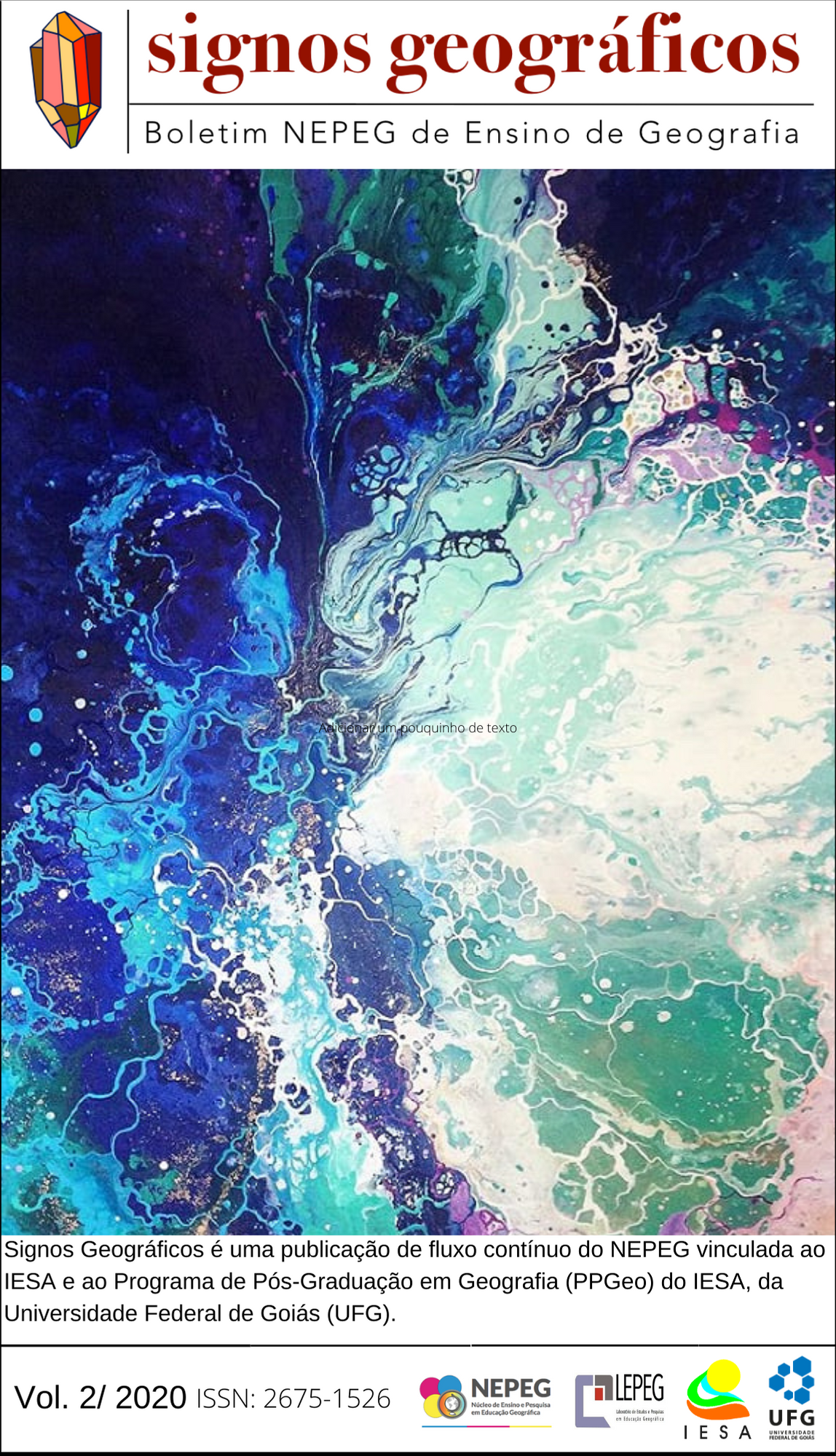APRENDIZAJE SIGNIFICATIVO DE CONCEPTOS GEOGRÁFICOS EN EL NIVEL MEDIO SUPERIOR
Parole chiave:
espacio geográfico, actores sociales, procesos, aprendizaje significativoAbstract
El objetivo de este artículo es analizar el impacto del uso de estrategias didácticas desde un enfoque constructivista y de la corriente crítica de la Geografía en el aprendizaje de conceptos geográficos. El trabajo pretende, asimismo, evaluar la utilidad del manejo de conceptos geográficos para la construcción de aprendizaje significativo. La metodología empleada es una investigación cuasi experimental en dos grupos intactos, en los cuales se trabajó durante seis sesiones con dos diferentes condiciones del modelo de enseñanza: aprendizaje significativo y aprendizaje tradicional. Se utilizaron instrumentos como Prueba de conocimientos en Geografía, epistemología personal, motivación académica y conciencia metacognitiva, para asegurar la equivalencia de los grupos en estas variables. Estos instrumentos se aplicaron en la Unidad 6 del programa de estudios (1996) de la Escuela Nacional Preparatoria - ENP, previo al modelo de enseñanza y al finalizar la intervención didáctica. El artículo culmina con algunas reflexiones sobre los resultados que ambos grupos arrojaron, los cuales tuvieron al inicio características similares, tanto en conocimientos como en variables de control, y cambiaron en el post-test a favor del grupo experimental. Por lo tanto, la didáctica orientada al constructivismo, junto con un enfoque crítico de la Geografía como hipótesis de la investigación de campo, fue aceptada.








